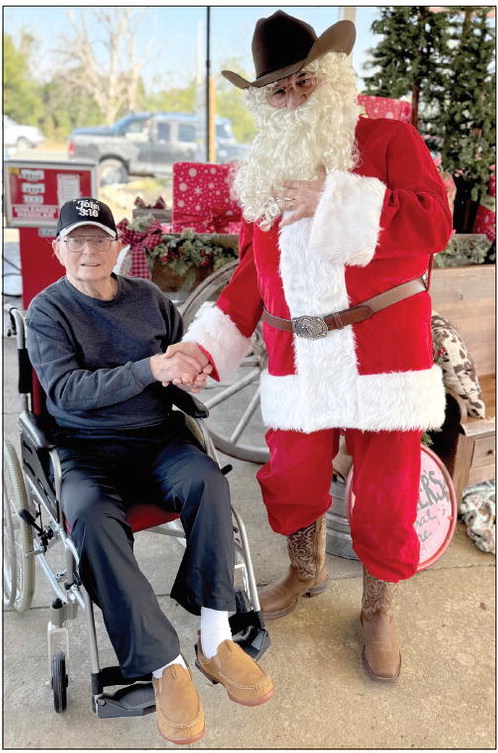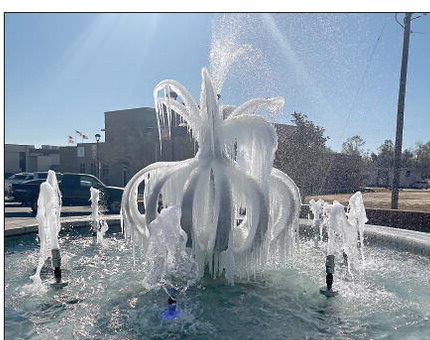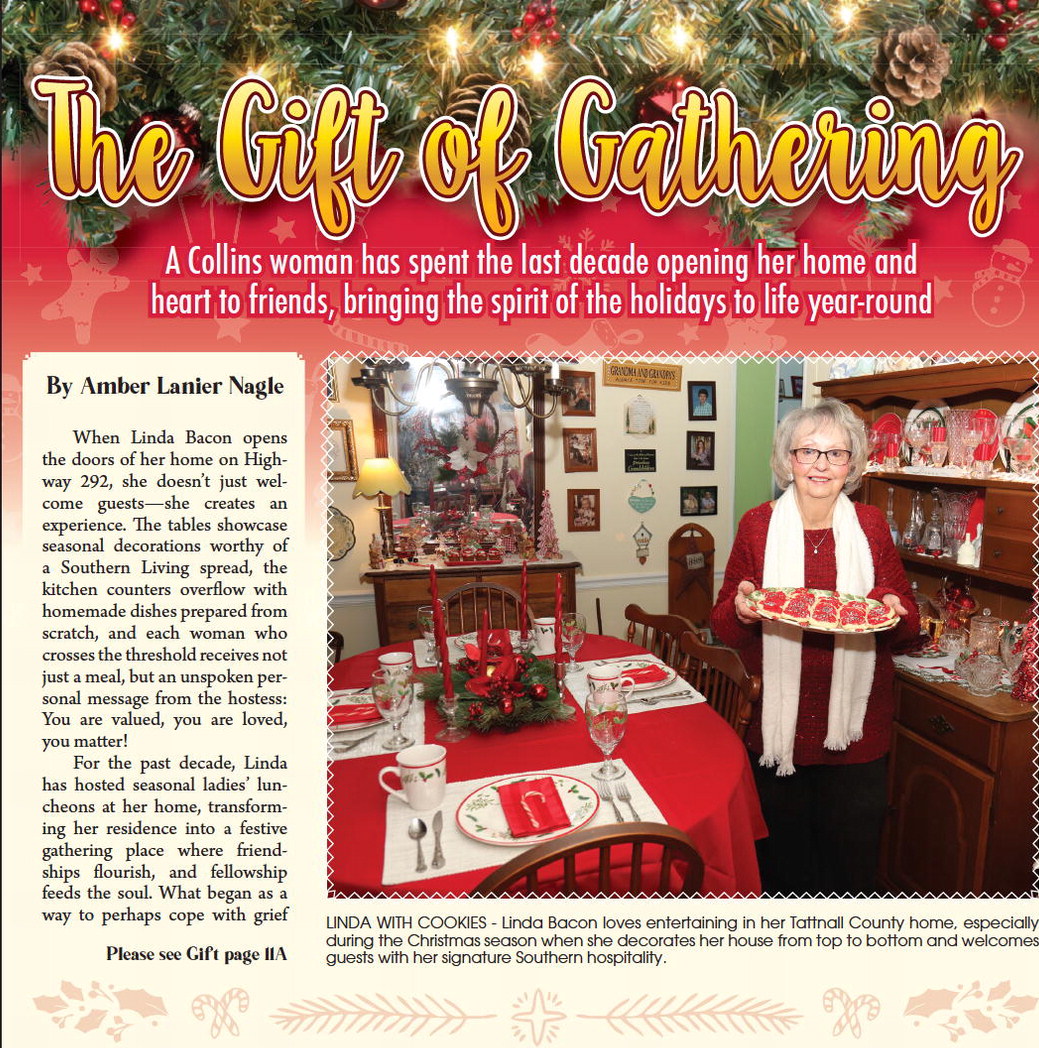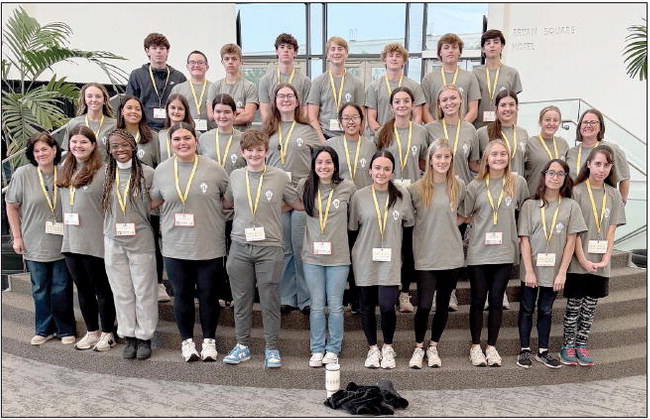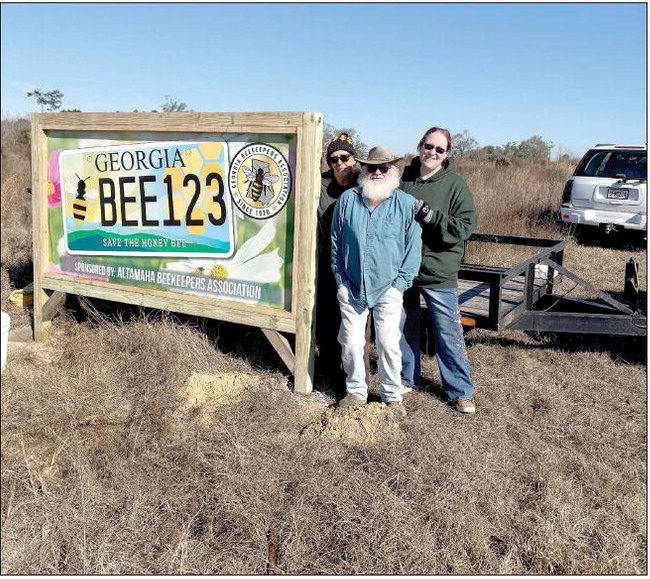Ladson Genealogical Library Receives Motes Collection
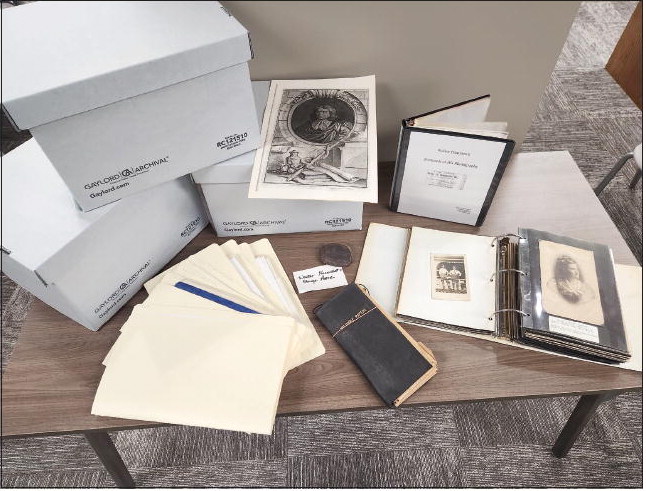

Courtesy of Stacey Wright, Ladson Genealogical Library
The Ladson Genealogical Library is proud to announce the addition of the J.V. Michael Motes Collection to its holdings. From Charlemagne to bootleggers, the collection contains original documents such as wills, photographs, and newspaper articles that weave a fascinating tale throughout generations of families. Now being housed at the Ladson Genealogical Library, this exciting collection is available to researchers.
The J.V. Michael Motes Collection represents over sixty-five years of genealogical research by Mr. Motes, who by the age of 12 was diligently questioning older relatives in all branches of his family, seeking old Bible records, letters, photographs and any other family memorabilia. The initial spark of the desire to know more about his forebears had arisen from stories his maternal grandparents, James A. and Thelma (Hunnicutt) Birmingham would tell him of their own grandparents and greatgrandparents. By the age of 15 he had gone on to publish his first scholarly article on the topic.
“I can remember the old microfilm machines at the Carnegie Library in Atlanta and the Georgia State Archives,” he recalls. “They seemed about the size of a Volkswagen Beetle and the user just about crawled into the machine to read the microfilm reel being slowly turned by hand. Today a researcher can have a census or other record in a matter of seconds — far removed from the hours of laborious pondering through reels of microfilm in BC days. That’s ‘Before Computer.’” Until he and his fellow youthful researcher were old enough to obtain a driver’s license, they would be deposited by parents each Friday night at the Carnegie Library, where initially they received a less than cordial welcome by the genealogical collection staff.
“After a few months of seeing us on a regular basis, the staff warmed up to us and accepted that we were seriously into research,” Motes said with a chuckle. “If we had had a successful night at the Carnegie on Friday, we would catch the Greyhound bus in Smyrna on Saturday morning and return to the library.”
One of his most memorable experiences with genealogical digging was his first discovery of a royal bloodline when he was 14 and found documented descent of a colonial Virginia ancestor from King Edward III.
“When I got home from the library, I was so excited that I stayed up all night looking up my royal ancestors in our set of encyclopedias and adding their names and pertinent dates to genealogical charts,” he recalled. “By daybreak I had passed beyond William the Conqueror and Charlemagne on back to Alfred the Great.”
Motes developed a sense of preserving family history through memberships in hereditary lineage societies at an early age. His first such membership at age 13 was in the Children of the Confederacy, for descendants of Confederate soldiers, which include all eight of his great-greatgrandfathers and numerous of their brothers and uncles. The military records of these veterans appear in two large volumes in the collection. A much smaller volume is labeled “Damn Yankees” and has military records of the scant few of his family members who served in Union forces.
Although no longer active in the numerous lineage societies due to health and physical issues, over the years he has documented his ancestry for membership in approximately 30 of the organizations, holding chapter, state and national offices in many. These include America’s First Families; Colonial Order of the Crown; Flagon and Trencher: Descendants of Colonial Tavern Keepers; Order of the Loyalists and Patriots of the American Revolution; Huguenot Society of the Founders of Manakin in the Colony of Virginia; National Society Magna Carta Dames and Barons; Military Order of the Stars and Bars; Military Order of Foreign Wars of the United States; National Huguenot Society; National Society Sons and Daughters of the Pilgrims; Order of Descendants of Ancient Planters; Order of Indian Wars in the United States; Order of the Crown of Charlemagne; Order of Washington; Society of Descendants of Knights of the Most Noble Order of the Garter; General Society Sons of the Revolution; Presidential Families of America; Sons and Daughters of the Colonial and Antebellum Bench and Bar 1565-1861; Sons of Confederate Veterans; Texas First Families; Baronial Order of Magna Charta; The Jamestown Society; General Society of Colonial Wars; General Society War of 1812, and Sovereign Colonial Society Americans of Royal Descent.
“Although I can no longer take an active role in any of these societies, it is comforting to know that the records of the family ancestry that provided the qualifying ancestor will be preserved for years to come,” he said. “That is why I feel good about my entire collection being housed in the Ladson Genealogical Library.”
In addition to the voluminous records he has assembled on his own ancestry, for over 50 years Motes worked as a professional genealogist, specializing in the research and preparation of lineage society applications for his clients.
“I am pleased that with one exception, all of the lineage society applications I prepared for clients were approved,” he said. “The one exception was due to recent DNA evidence that the family was not descended from the man they had for years considered to be their ancestor. I made it up to the client by finding her three new ancestors to replace the one she lost.”
A native of Atlanta, Motes and his husband moved to Dublin six years ago. They are members of Christ Episcopal Church.
We at the Ladson Genealogical Library believe that this collection will significantly contribute to the resources available for genealogical research. The historical significance and depth of the collection makes it an invaluable addition to our institution. We invite you to visit the Ladson Genealogical Library to explore the J.V. Michael Motes Collection at your earliest convenience.
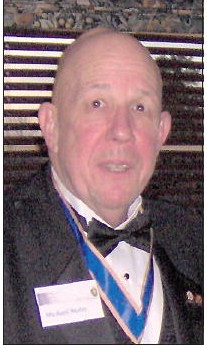
J.V. Michael Motes



